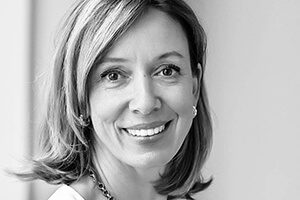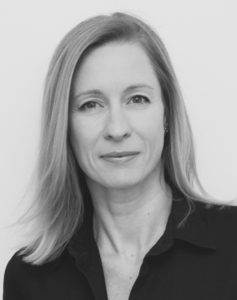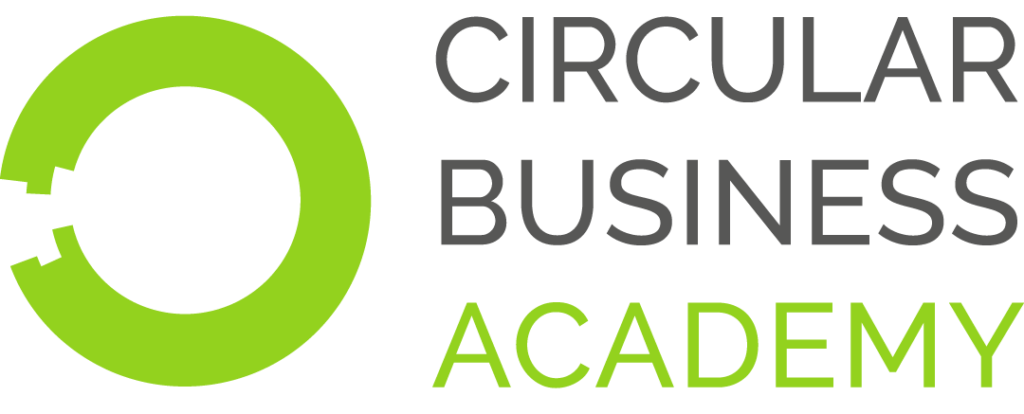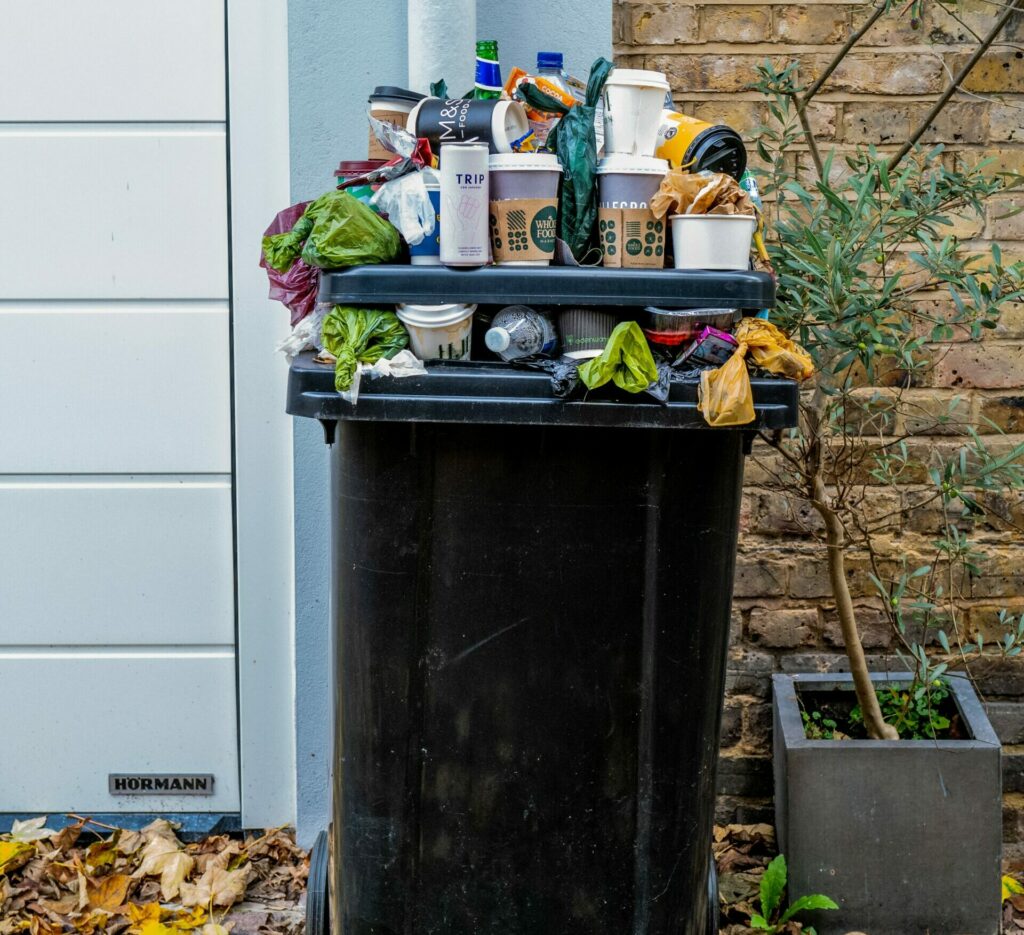In cooperation with Circular Change, the first Circular Economy platform in the Adriatic Region, the Research Group Circular Economy Systems intends to explore and advance the interdisciplinary theoretical foundations of a Circular Economy in relation to systems research as well as the various applications of a pathway towards it, advancing the current status quo of Circular Economy research and applications.
The concept of a Circular Economy is grounded in the study of feedback-rich non-linear systems, particularly living systems. In this eco-systems framework the research group explores how our economic systems can work like organisms, processing “nutrients” that can be fed back into cycles—on a biological or technical level. The contemporary understanding of the Circular Economy and its applications to small- and large-scale economic systems evolved integrating diverse features and contributions from a variety of concepts sharing the idea of interrelated closed loops.
A Circular Economy is a regenerative system in which resource input and waste, emission, and energy leakage are minimized by slowing, closing, and narrowing energy and material loops, to achieve business as well as national economic models that are economically and environmentally sustainable.
Kenneth Boulding‘s essay “The Economics of the Coming Spaceship Earth” is often referred to as one origin of the concept of the “Circular Economy”. Boulding, who co-founded the Society for General Systems Research (today: ISSS) together with Ludwig von Bertalanffy, was one of the first in 1966 who raised awareness towards an “Open Economy” with unlimited input resources and output sinks as a contrast model to a “Closed Economy” with tied resources and sinks.
At the BCSSS the research group focuses on transdisciplinary research to translate the foundations of systems science into creating further value, in environmental and societal benefits, zero waste and highly productive innovations and Next Economy growth models, to contribute to the necessary systemic shift that builds long-term resilience and future oriented opportunities.
 Ladeja Godina Košir is an internationally recognised Circular Economy Leader, the finalist of The Circular Awards / WEF 2018. An entrepreneur with a background in the creative industries, today the driving force of the circular economy in Slovenia and Central-Eastern Europe.
Ladeja Godina Košir is an internationally recognised Circular Economy Leader, the finalist of The Circular Awards / WEF 2018. An entrepreneur with a background in the creative industries, today the driving force of the circular economy in Slovenia and Central-Eastern Europe.
Ladeja is the Founder and Executive Director of Circular Change, the first circular economy platform in the Adriatic Region. She regularly publishes on CE and is a co-author of the “Roadmap for CE in Slovenia”. She is an inspirational speaker and empowering moderator at international CE events.
She is a member of the European Circular Economy Stakeholder Platform (ECESP) coordination group in Brussels. She contributed to different juries and program boards in the field of marketing and innovation and won several national and international awards for her creative work and for development of innovative business models.
 Karin Huber-Heim is founder and CEO at ‘csr & communication’, an internationally operating consulting firm for Corporate Sustainability & Innovation, Stakeholder Relationship Management & Communications, and dedicated to reach the Global Goals.
Karin Huber-Heim is founder and CEO at ‘csr & communication’, an internationally operating consulting firm for Corporate Sustainability & Innovation, Stakeholder Relationship Management & Communications, and dedicated to reach the Global Goals.
Karin studied communication with a strong focus on psychology at the University of Vienna and has academic education in CSR-Management. She publishes regulary on topics related to sustainable development and is a conference speaker and moderator, she is enthusiastic about the great opportunities the Sustainable Development Goals (SDGs) provide for society and embraces Circular Economy for sustainable business innovation. As Board Member of the Global Compact Network Austria, she leads an intersectoral working group on SGD 12, targeting responsible consumption and production, for Circular Economy.
Karin also is Academic Programm Director of a postgraduate masterprogramm on “Sustainability & Responsible Management” and lecturer of Business & Management Ethics, CSR and Stakeholder Communication at various universities of applied sciences.
Keynote at the invitation of CIRCULAR4.0 “The European Green Deal – Economic Potential for SMEs”
Umweltcluster Bayern once again extended an invitation to an exchange of experts as part of the CIRCULAR4.0 project. BCSSS Managing Director Stefan Blachfellner presented the European Green Deal and its economic potential for SMEs with the support structures in Austria and Germany and discussed with experts from countries in the…
Keynote address at the invitation of Energie Steiermark “Potentials of the Circular Economy”
BCSSS Managing Director, Stefan Blachfellner, guided the participants through the links between the relevant European policies and the resulting support structures, from the European Green Deal, the EU Action Plan for the Circular Economy, the EU Industrial Strategy, to the Austrian RTI initiative Circular Economy and the independent Circular Economy…
Expert interview with Circular Business Academy (CBA), Slovenia on the innovation potential of the circular economy for SMEs
Circular Economy Forum Austria of BCSSS Director Karin Huber-Heim, interviewed by CBA founder Jurij Giacomelli, talks about how organisations understand the opportunities and risks of the circular economy, and what transformation processes need to take place.
UNIDO: Global consultations on circular economy
Circular Economy Forum Austria of BCSSS participates in the discussions initiated by UNIDO for experts from Member States. The conversations serve to facilitate the exchange of best practices and innovations as well as the promotion and adoption of circular economy principles and practices by Member State industries.
Mission Innovation Austria 2021: A platform for all drivers and shapers of innovation and the energy system of the future
Circular thinking and the collaborative development of new solutions play an important role in the implementation of new technologies to transform today’s energy system. Circular Economy Forum Austria of BCSSS presents its ambitions in the Mission Innovation Austria Week (MIA) launched by the BMK.
Waste prevention programme 2022: Participation in the first BMK stakeholder workshop
As part of the Stakeholder Dialogue, Circular Economy Forum Austria of BCSSS was participating with representatives of various interest groups in several workshops on joint measures for the reduction and prevention of waste by 2028 with ministry representatives. The first meeting of the AVP2022 on 8 April dealt with an…
ONE DAY: The Conference 2021 – The road to systems change – Panel Session
At the PrimeMovers ONE Day conference, Circular Economy Forum Austria of BCSSS hosts a discussion on the barriers and systemic challenges of sustainable construction with panelists from Do Tank Circular City 2020-203 and Baukarussell.
COVID Pop-up Hub
COVID19 has shown that a lack of resilience and high complexity makes our systems vulnerable. If one component fails, the entire house of cards collapses very quickly. As part of the COVID Pop-up Hub, 30 interdisciplinary experts are developing future scenarios on the topic of “economic buffers” on the initiative…
Subscribe to our Systems Newsletter
Recent News
- Keynote at the invitation of CIRCULAR4.0 “The European Green Deal – Economic Potential for SMEs”
- Keynote address at the invitation of Energie Steiermark “Potentials of the Circular Economy”
- Expert interview with Circular Business Academy (CBA), Slovenia on the innovation potential of the circular economy for SMEs
- UNIDO: Global consultations on circular economy
- Mission Innovation Austria 2021: A platform for all drivers and shapers of innovation and the energy system of the future








